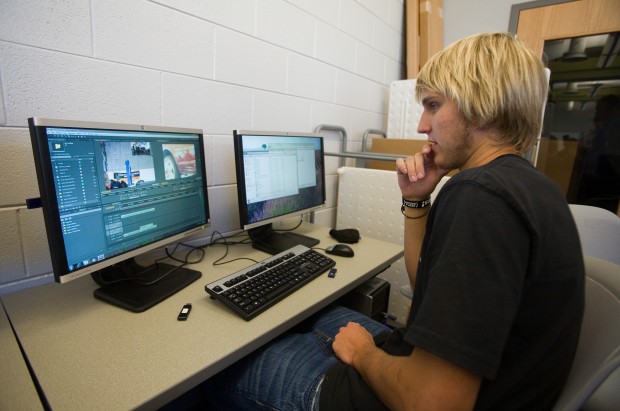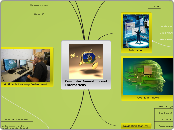
Computer Animation and Interactivity
Art of creating
Animations
Enabling
Facilitating
Inhibiling
Images

Interaction
Complete lerner control
Simple resume function
Meta interactive process

Cognitive Theory
Help students to lower cognitive load
Enable learners to visualise the concepts
acts as an inhibitor to the learning process
Helps learners to memorize concepts more effectively
Navigation features
Verbal and graphical devices
Orient users through complex text
Global content representation
Personalisation
Hyperlinks
Concept maps
Graphical repesentation
Intructional Design
Use of sounds
Control speed of animation
Use of computers
Computer graphics
2D and 3D

Multimedia Learning Environment
Help students to visualize
Useful tools for learning concepts
VCR device
Instructional Scenario
'What if' Analysis
Concept Map

Mental representation
Principles
1. Animation should not contain excessive elements
2. Events should be represented successfully in the animations so that learner can build a functional mental model of the display
3. Learner shoud have control over though increased interaction with the enivironment
4. Learners should be guided in the process of the animation
5. Multimedia instruction materials should include some options to active the animation.
